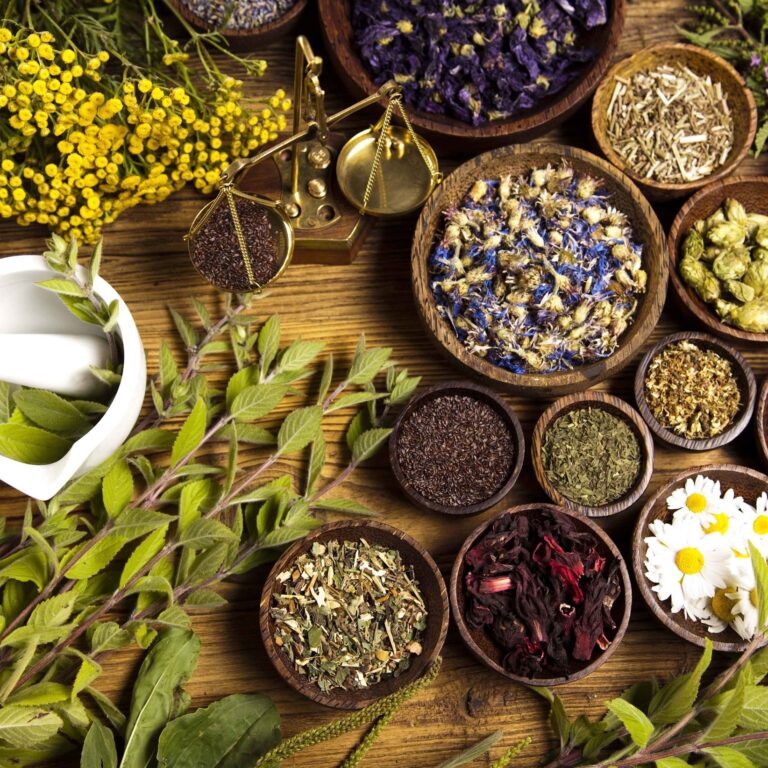Inflammation is a natural response by the body’s immune system to injury, infection, or stress. While acute inflammation is beneficial, helping the body heal, chronic inflammation can lead to long-term health issues, including arthritis, heart disease, and even cancer. The good news is that nature offers a range of powerful herbs that can help reduce inflammation naturally. Let’s dive into some of the best anti-inflammatory herbs and how they can aid your health journey.
Introduction to Inflammation and Herbal Remedies
Inflammation is your body’s way of protecting itself from harm. But when inflammation becomes chronic, it can do more harm than good. Fortunately, nature provides several herbs that have anti-inflammatory properties. These natural remedies have been used for centuries in various cultures to reduce inflammation and promote healing.
The Science Behind Inflammation
Inflammation occurs when your body releases chemicals that increase blood flow to an affected area, causing redness, warmth, and swelling. But why does it become problematic?
What Causes Inflammation?
Chronic inflammation can be triggered by factors like poor diet, lack of exercise, chronic stress, and environmental toxins. When your body is constantly trying to repair itself, it can lead to a state of perpetual inflammation.
How Can Herbs Help Combat Inflammation?
Many herbs contain compounds with potent anti-inflammatory effects. They work by reducing the production of inflammatory chemicals in the body and promoting healing. Herbs are a natural, safe, and effective way to support your body’s ability to fight inflammation without the side effects of conventional medications.
Top Anti-Inflammatory Herbs
Let’s explore some of the most effective herbs that can help fight inflammation.
1. Turmeric: Nature’s Golden Spice
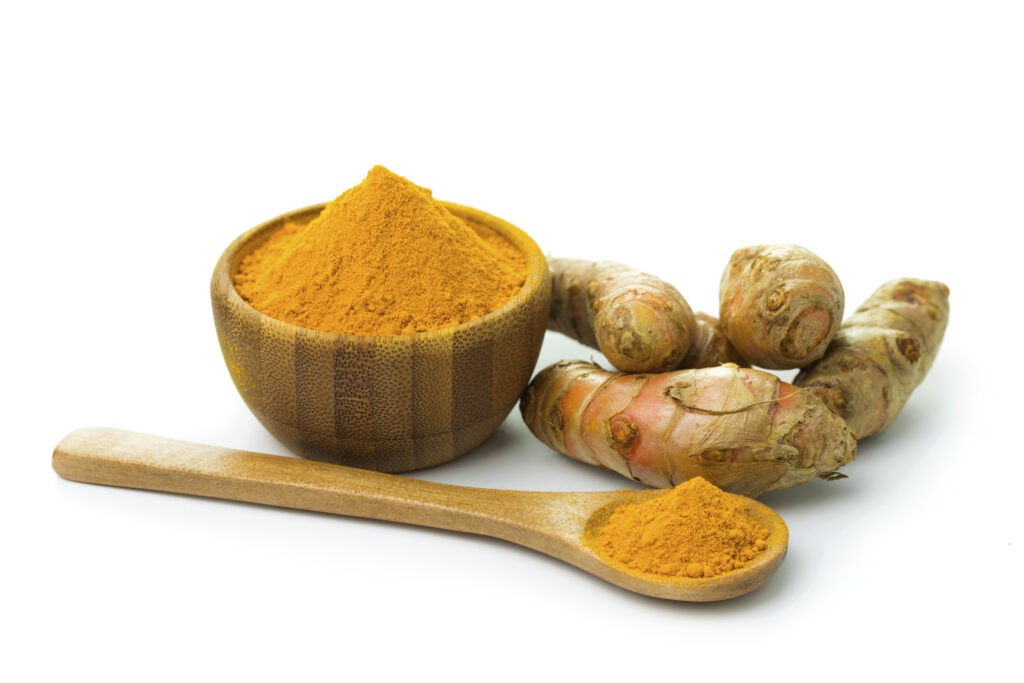
Turmeric is one of the most well-known anti-inflammatory herbs. It has been used for thousands of years in traditional medicine, particularly in Ayurveda.
How Does Turmeric Help?
Turmeric contains curcumin, a powerful compound that reduces inflammation by inhibiting molecules that trigger the inflammatory process. Studies have shown that curcumin is effective in reducing inflammation related to arthritis, heart disease, and even cancer.
Best Ways to Incorporate Turmeric into Your Diet
You can add turmeric to curries, soups, or even smoothies. For a more potent effect, consider taking turmeric supplements that contain black pepper, as it helps enhance curcumin absorption.
2. Ginger: The Zingy Healer
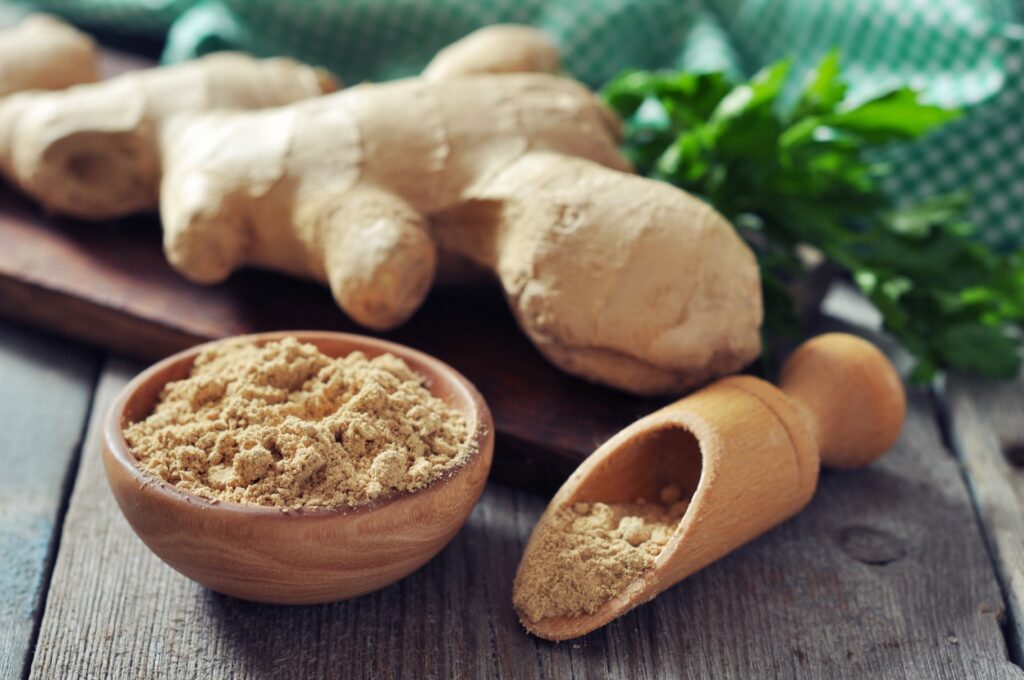
Ginger is another fantastic herb with strong anti-inflammatory properties. Known for its zingy flavor, it has been used in traditional medicine for centuries.
Ginger’s Anti-Inflammatory Properties
Ginger contains compounds called gingerols and shogaols, which are effective in reducing inflammation and pain, especially in people with osteoarthritis.
Best Ways to Use Ginger for Inflammation
Ginger can be added to teas, smoothies, stir-fries, or taken in supplement form. Drinking ginger tea is a soothing way to reduce inflammation and improve digestion.
3. Boswellia: Ancient Ayurvedic Herb
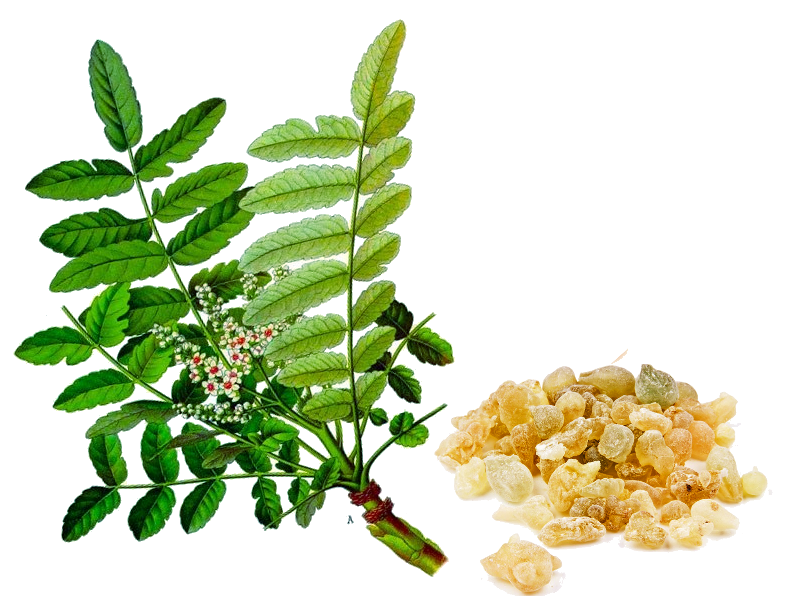
Also known as Indian frankincense, Boswellia has been used in Ayurvedic medicine for its ability to combat chronic inflammation.
How Boswellia Works to Reduce Inflammation
Boswellia inhibits the production of leukotrienes, which are molecules that contribute to inflammation. It’s especially effective in reducing inflammation in conditions like arthritis.
Boswellia in Supplement Form
Boswellia is commonly taken as a supplement, available in capsule or tablet form. Be sure to choose high-quality products to ensure effectiveness.
4. Green Tea: The Antioxidant Powerhouse
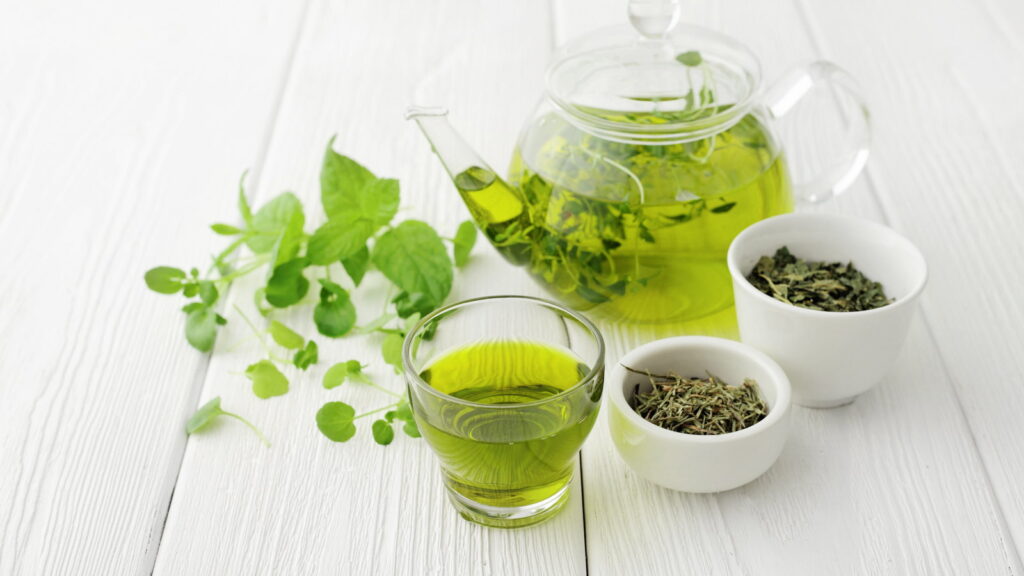
Green tea is more than just a refreshing beverage; it’s also a potent anti-inflammatory.
Green Tea’s Role in Fighting Inflammation
Green tea contains polyphenols, particularly epigallocatechin gallate (EGCG), which reduce inflammation by decreasing the production of inflammatory cytokines.
Drinking Green Tea for Health Benefits
Drinking 2-3 cups of green tea daily can provide you with a good dose of its anti-inflammatory properties. You can also take green tea extract supplements if you’re not a fan of its taste.
5. Rosemary: The Fragrant Healer
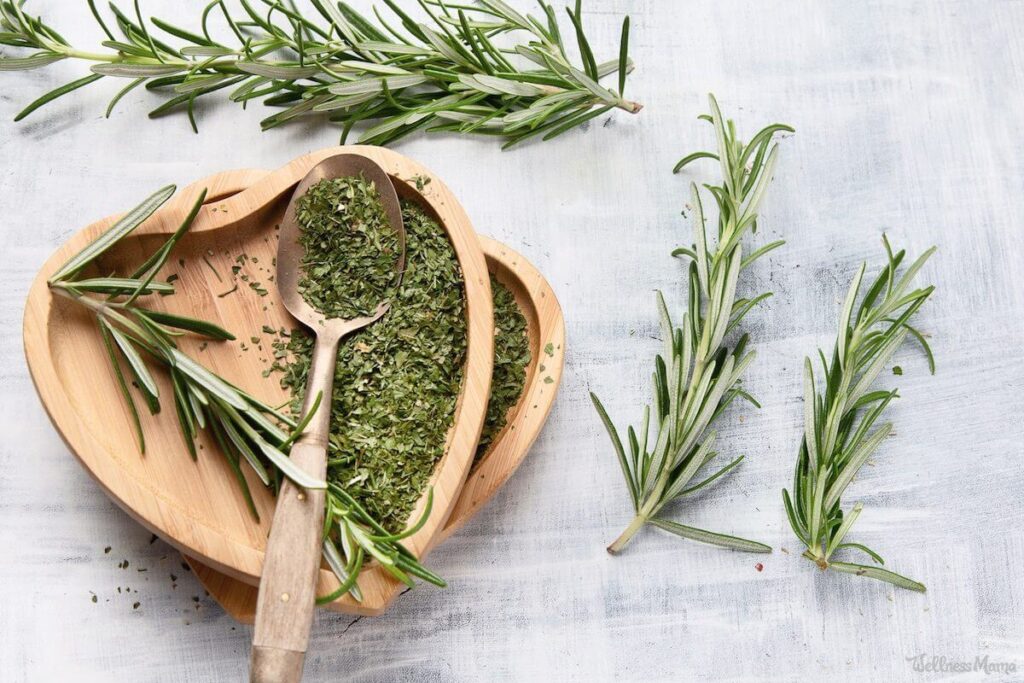
Rosemary isn’t just for cooking—it has a long history of medicinal use, particularly for its anti-inflammatory effects.
Why Rosemary is Effective Against Inflammation
Rosemary contains carnosic acid and rosmarinic acid, compounds that have been shown to reduce inflammation in the body, particularly in the brain.
How to Use Rosemary in Daily Life
You can use fresh rosemary in cooking, make a rosemary-infused oil, or drink rosemary tea. It’s a versatile herb that’s easy to incorporate into your routine.
Less Common but Powerful Anti-Inflammatory Herbs
While the above herbs are well-known, there are also some lesser-known herbs that pack a strong anti-inflammatory punch.
6. Cat’s Claw: The Amazonian Remedy
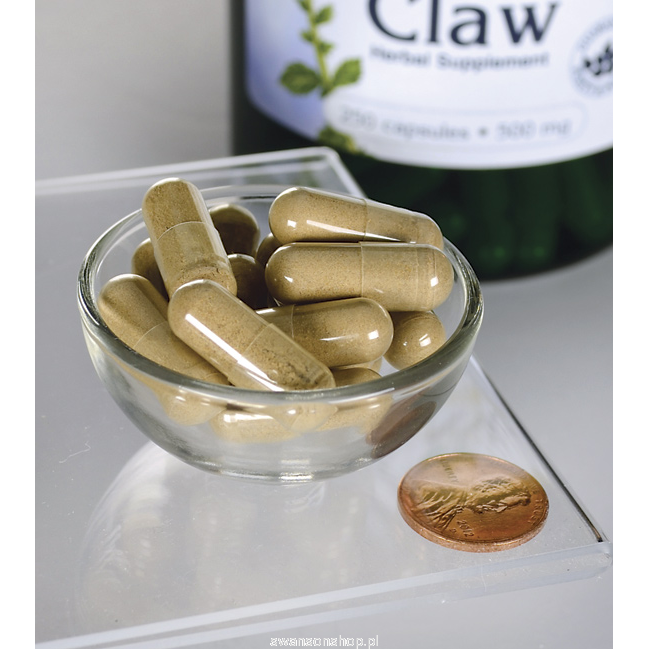
Cat’s claw is a vine found in the Amazon rainforest that has been used traditionally to reduce inflammation and boost the immune system.
7. Devil’s Claw: A Traditional African Herb

Native to Southern Africa, devil’s claw has been used for centuries to treat pain and inflammation, particularly in conditions like arthritis.
The Importance of Diet and Lifestyle in Inflammation Reduction
While herbs can significantly help reduce inflammation, they work best when combined with a healthy lifestyle.
Combining Herbs with a Healthy Diet
Eating a diet rich in whole foods, vegetables, fruits, and lean proteins can enhance the anti-inflammatory effects of herbs. Avoid processed foods, sugar, and excessive alcohol, as these can contribute to inflammation.
Exercise and Inflammation: The Synergistic Effect
Regular exercise not only helps maintain a healthy weight but also reduces inflammation in the body. Even light activities like walking or yoga can complement the anti-inflammatory effects of herbs.
Conclusion: Embracing Natural Anti-Inflammatory Remedies
Inflammation is at the root of many chronic diseases, but nature offers powerful remedies in the form of herbs. From turmeric to rosemary, these natural solutions have stood the test of time. By incorporating these herbs into your daily routine, along with a healthy diet and lifestyle, you can support your body’s fight against inflammation and improve your overall well-being.


